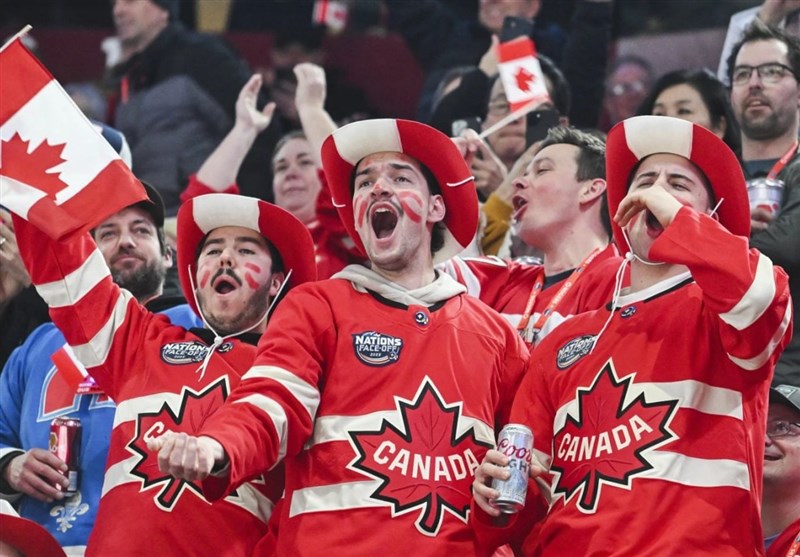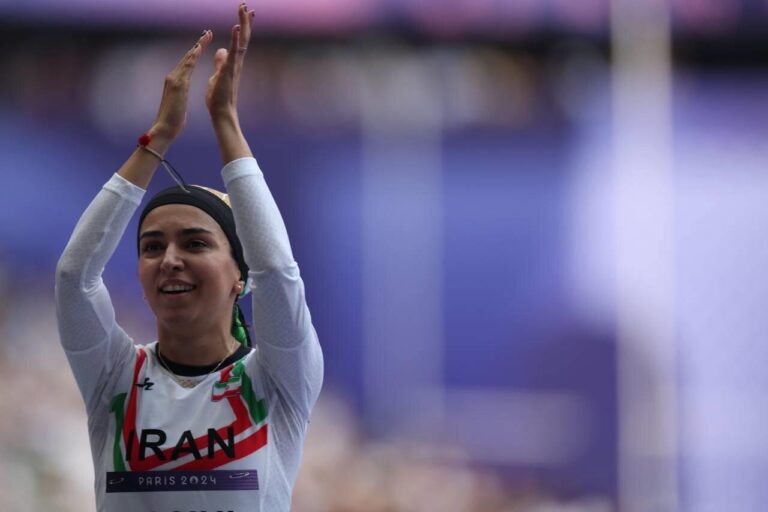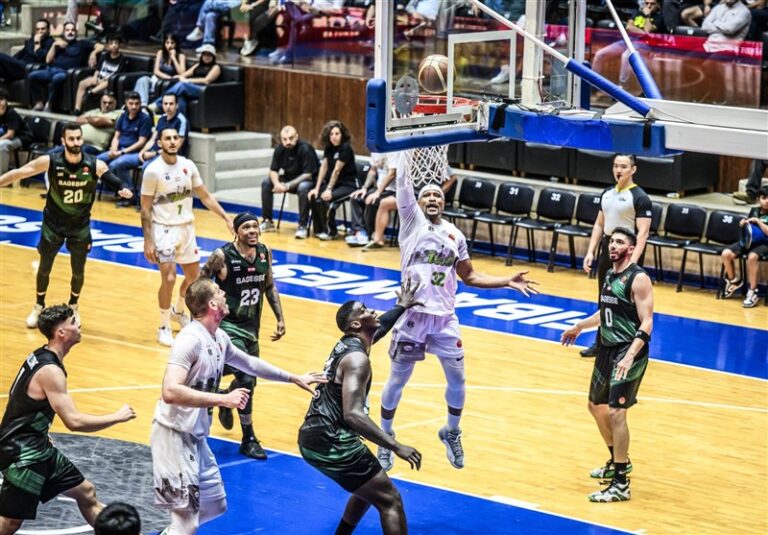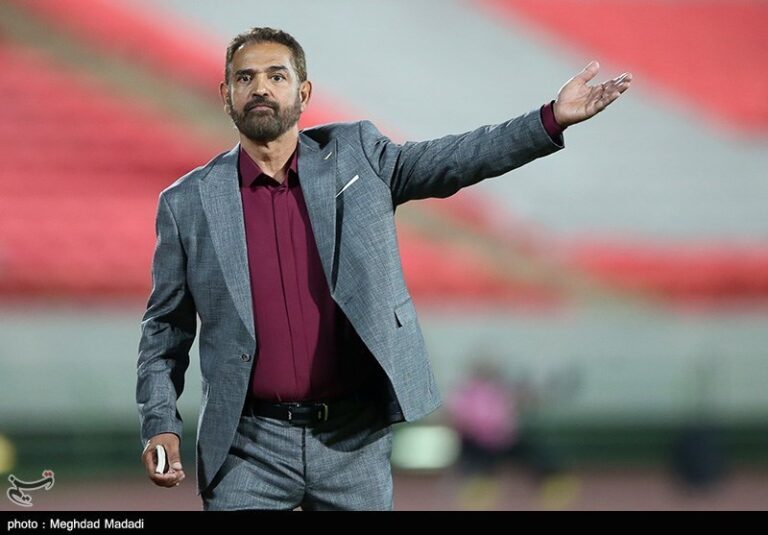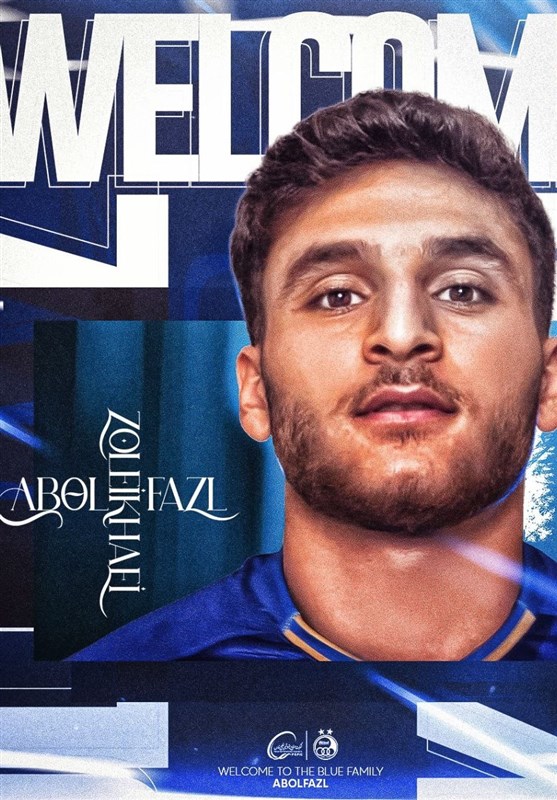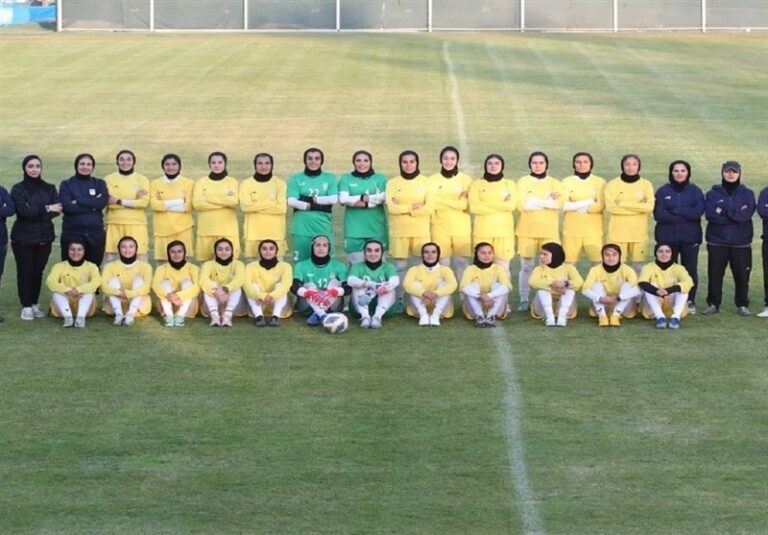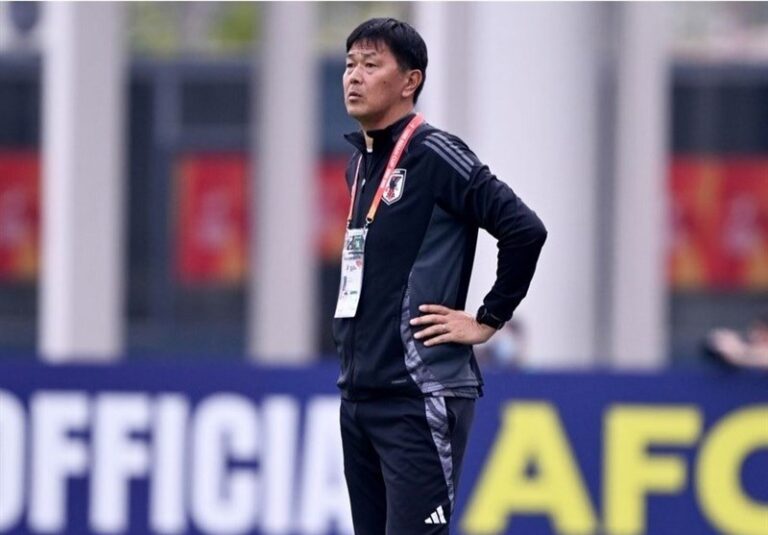Montreal Fans Make Headlines by Booing US National Anthem Before Epic 4 Nations Clash with Canada
In a recent event that has sparked considerable discussion among hockey fans, the US national anthem was met with loud jeers from the crowd in Montreal during the 4 Nations Face-Off game against Canada. This incident marks the second occurrence of such disrespectful behavior during the NHL-hosted international tournament. The booing highlights growing tensions in sports and raises questions about sportsmanship and national pride.
The incident unfolded despite a clear pre-game announcement by public address announcer Michel Lacroix, who urged fans to “kindly respect the anthems and the players that represent each country.” However, the call for respect fell on deaf ears as the jeering was notably more pronounced compared to a previous game where the US played against Finland.
The booing commenced as Warrant Officer David Grenon of the Royal Canadian Air Force Band began singing “The Star-Spangled Banner” and persisted throughout the anthem. US defenseman Zach Werenski commented on the situation after the US team’s 3-1 victory over Canada in front of a packed crowd of over 21,000 spectators. He stated, “We knew it was going to happen.” This sentiment was echoed by other players who have experienced similar reactions in past NHL games.
- Werenski continued, “It happened the last game, it’s been happening in the NHL before this, and we knew tonight was going to be the same way. We obviously don’t like it.”
- Despite the booing, US players attempted to focus on their performance, with goaltender Connor Hellebuyck saying he “paid no attention to” the crowd’s negativity.
Hellebuyck expressed his views on the matter, stating, “You have free speech. You can do whatever you want. If you’re going to boo the anthem, we sing it for the troops that protected our freedom.” His remarks suggest a level of indifference to the crowd’s actions, emphasizing that they will continue to honor those who serve regardless of external reactions.
Werenski acknowledged that the booing, while unwelcome, served as a form of motivation for the US team. “It is what it is,” he said. “We kind of had an idea. We used it as motivation the best we could and found a way to get a win.” The US team, fully aware of their role as the perceived villains in Canada, channeled the crowd’s hostility into a spirited performance.
Another US forward, Matthew Tkachuk, who was involved in a fight with Canada’s Brandon Hagel just seconds into the game, downplayed any link between the altercation and the booing of the anthem. Instead, players highlighted the electric atmosphere of playing in front of such a passionate crowd.
- Winger Jake Guentzel, who scored two goals in the game including an empty-netter, described the experience as “unbelievable.”
- He added, “There’s a lot of excitement from our team coming out for warmups and just seeing how packed it was. That was pretty special.”
The booing of the US anthem by Canadian fans has become increasingly common, particularly following remarks made by former US President Donald Trump, who frequently referenced Canada potentially becoming “the 51st state” and threatened tariffs against the nation. These political undertones appear to have influenced the sporting environment, intensifying the rivalry between the two countries.
When asked about the booing during a practice on Friday, Canadian defenseman Drew Doughty expressed his disapproval of the behavior. He acknowledged the frustrations felt by Canadian fans but stressed the importance of mutual respect, stating, “Obviously, I know what’s going on, and I understand the Canadians’ frustration, but I think we should respect the anthems and stuff like that.” Doughty’s comments reflect a desire for sports to remain a platform for unity rather than division.
The ongoing rivalry between the US and Canada in hockey is not just about the game; it’s also a reflection of the deeper social and political narratives that often play out in the sporting arena. As the tournament progresses, the actions and reactions of fans and players alike will continue to shape the conversation surrounding respect, nationalism, and the spirit of competition.
For fans and players, these moments serve as a reminder of the power of sports to evoke strong emotions and foster connections, as well as the responsibility that comes with representing one’s country on an international stage. As the hockey world watches closely, the hope is that future events will promote a spirit of camaraderie and respect, regardless of perceived rivalries.
